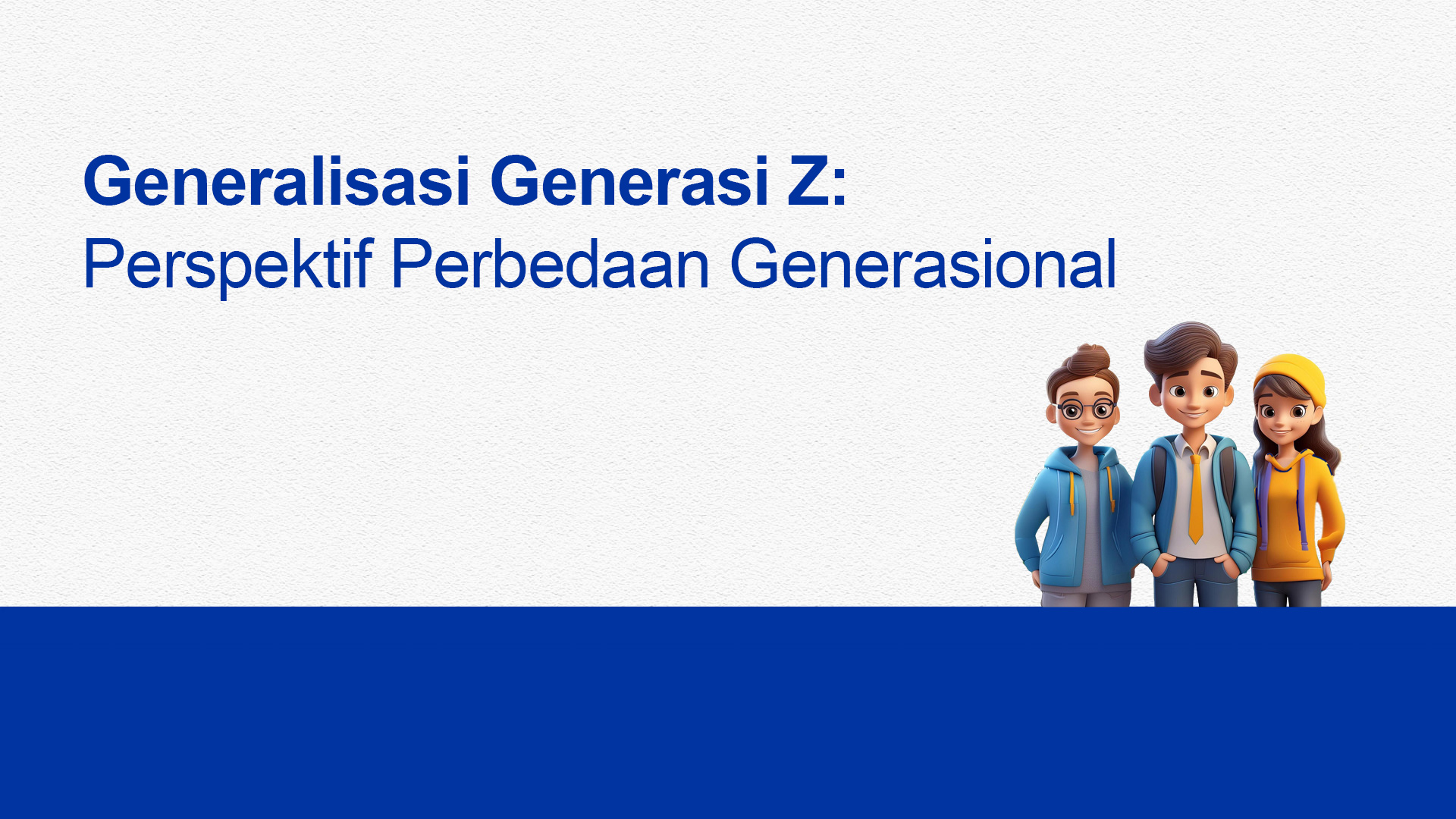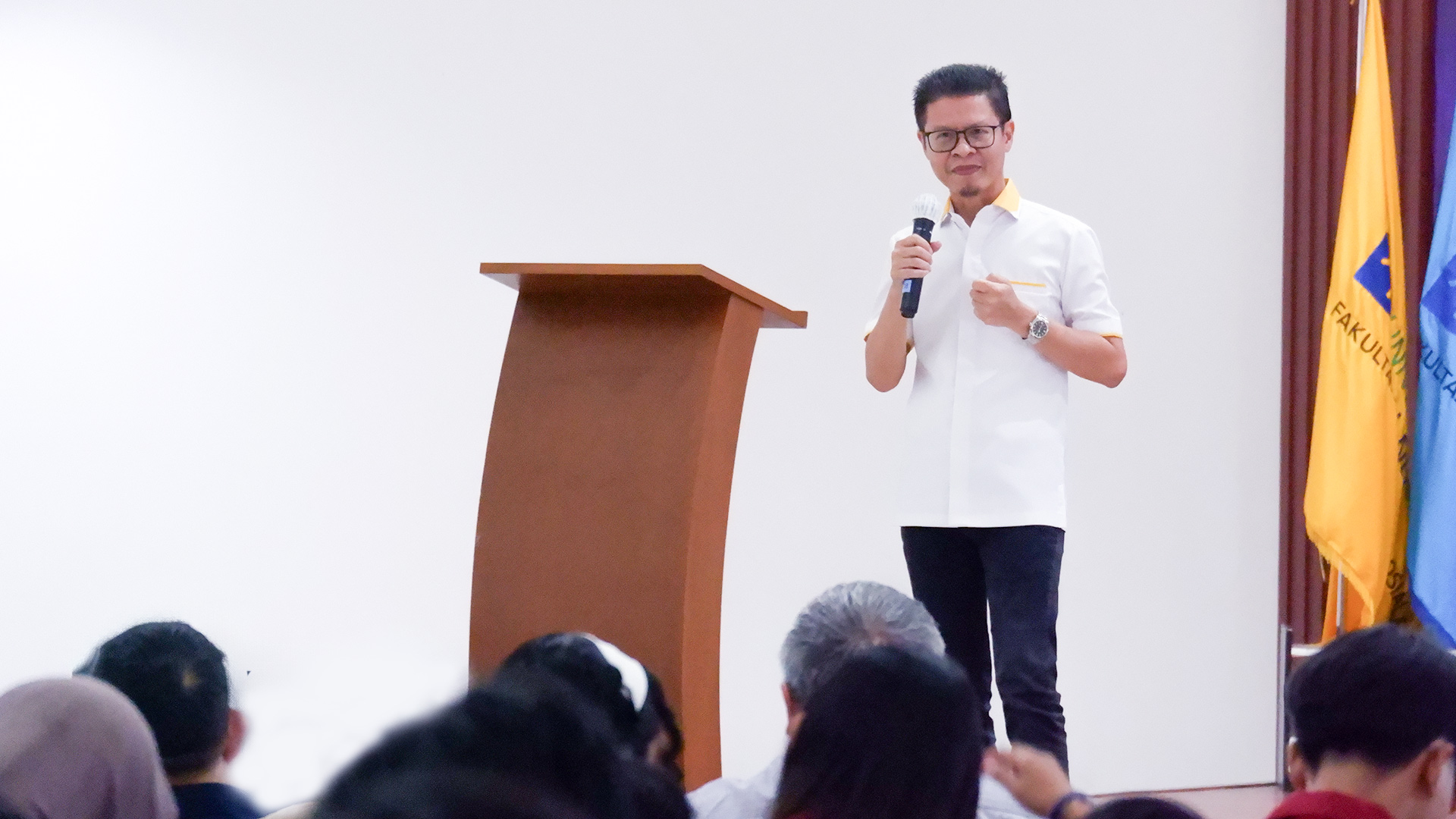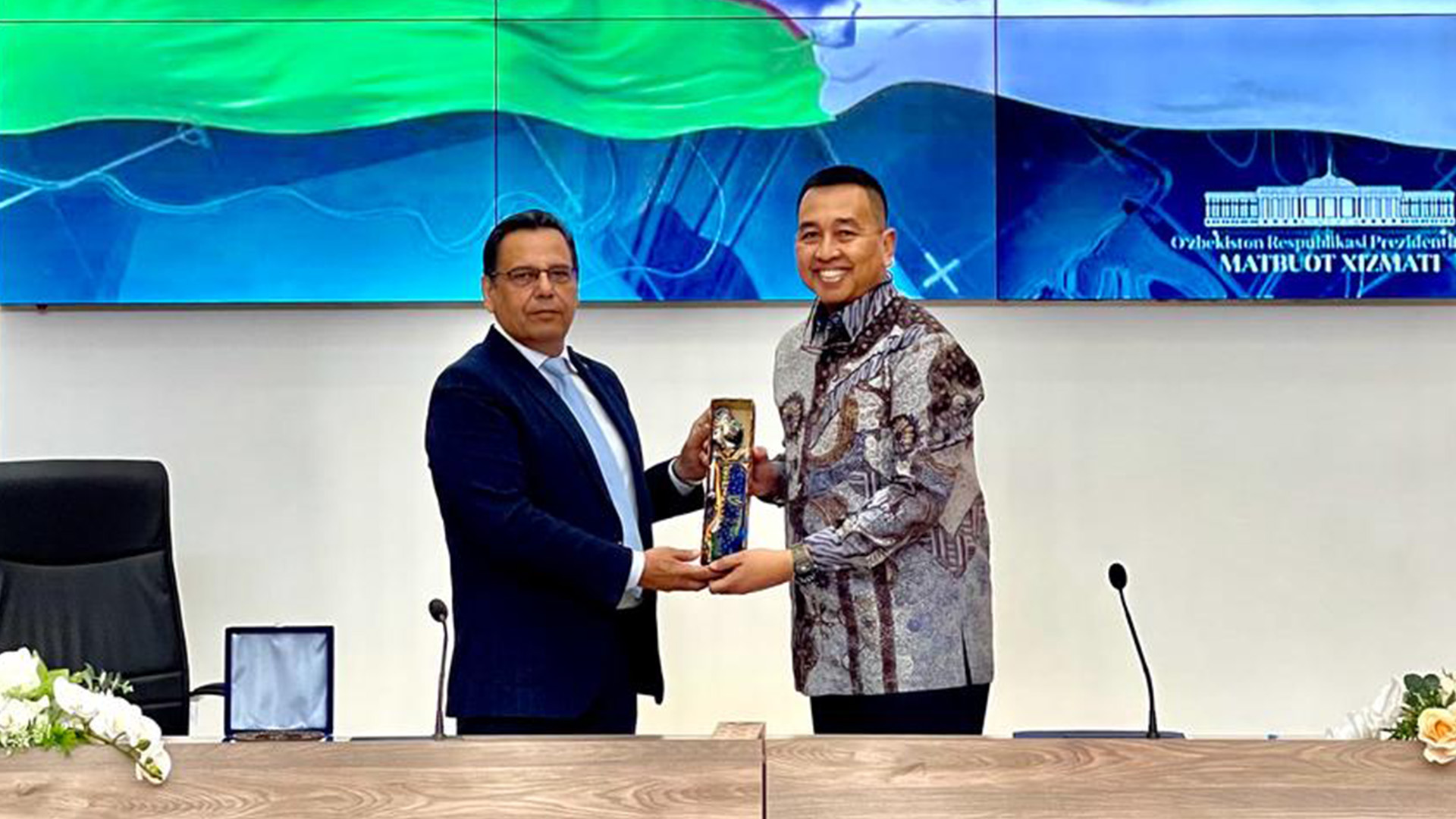Generalization of Generation Z: Perspectives Generational Differences

Generation Z (born between 1996–2010), often referred to as the Digital Generation, has grown up in an era of high connectivity. The rapid advancement of technology and communication has provided them with inclusive access to information, shaping their collective identity in the public eye. However, global developments such as economic turbulence and social challenges have sparked debates about these generalizations.
In the modern context, Generation Z faces various complex challenges, including:
1. The Sandwich Generation
Many members of Generation Z, especially those who are already working, find themselves in the position of the sandwich generation. They are burdened with supporting their families while managing their personal needs, which often restricts their freedom. To meet the ever-increasing economic demands, many take on additional jobs or side hustles. This situation is exacerbated by national policies that are often considered insufficiently inclusive in addressing economic issues.
2. Social Pressure
Social pressures in the modern era significantly affect the mental health of Generation Z. Despite numerous narratives promoting positive attitudes, high societal expectations frequently lead to burnout or depression. Many choose to temporarily withdraw from social interactions as a coping mechanism.
From a sociological perspective, Generation Z is often associated with negative stereotypes such as being overly sensitive, disloyal, lazy, spoiled, materialistic, and lacking commitment. Such generalizations arise from generational gaps and biases, leading to subjective judgments. Social pressures can hinder their motivation for growth and indirectly exacerbate generational tensions.
In terms of communication, Generation Z is highly dependent on technology. This dependency fosters tendencies toward individualism, which were further intensified by the COVID-19 pandemic that limited face-to-face interactions in 2020. This limitation created awkwardness in direct communication, even as digital platforms enabled them to amplify their collective voices.
However, the ease of digital access also makes Generation Z more vulnerable to misinformation and digital fatigue. Therefore, media literacy and attention to mental health have become urgent needs for this generation.
Despite the negative stereotypes, Generation Z demonstrates progressive traits that challenge traditions and drive social change. Their adaptability to technology and ability to navigate their identities highlight their resilience and creativity. Nevertheless, the challenges they face—such as economic uncertainty and mental health issues—require attention to foster empathy and cross-generational collaboration.
To bridge the generational gap, openness and constructive dialogue are essential. Society must objectively understand the differences in the demands of the times and the perspectives of Generation Z. This approach will help mitigate stereotypical biases and create a conducive environment for intergenerational cooperation.
By adopting this perspective, Generation Z can be seen not merely as a homogeneous group but as individuals rich in ideologies, ideas, and diverse potentials. A more inclusive understanding can serve as a foundation for building a supportive and future-oriented society.
This article aims to serve as a reference for social approaches and an analytical topic for students at Universitas Dian Nusantara, particularly within the Communication Studies program, which emphasizes the role of communication in shaping social life. As students of Universitas Dian Nusantara, educated with a visionary mindset and a commitment to community service in line with the Tri Dharma of higher education, you possess the ability to project an inclusive and aspirational future that transcends generational boundaries.
(Kornelia Johana / Humas UNDIRA)
Press Contact :
Biro Humas & Sekretariat Universitas Dian Nusantara
Facebook : www.facebook.com/undiraofficial
Instagram : www.instagram.com/undiraofficial
Twitter : www.twitter.com/undiraofficial
www.undira.ac.id

Campus Tanjung Duren
Jln. Tanjung Duren Barat II No. 1
Grogol, Jakarta Barat. 11470
Campus Green Ville
JIn. Mangga XIV No. 3
Campus Cibubur
Jln. Rawa Dolar 65
Jatiranggon Kec. Jatisampurna, Bekasi. 17432










